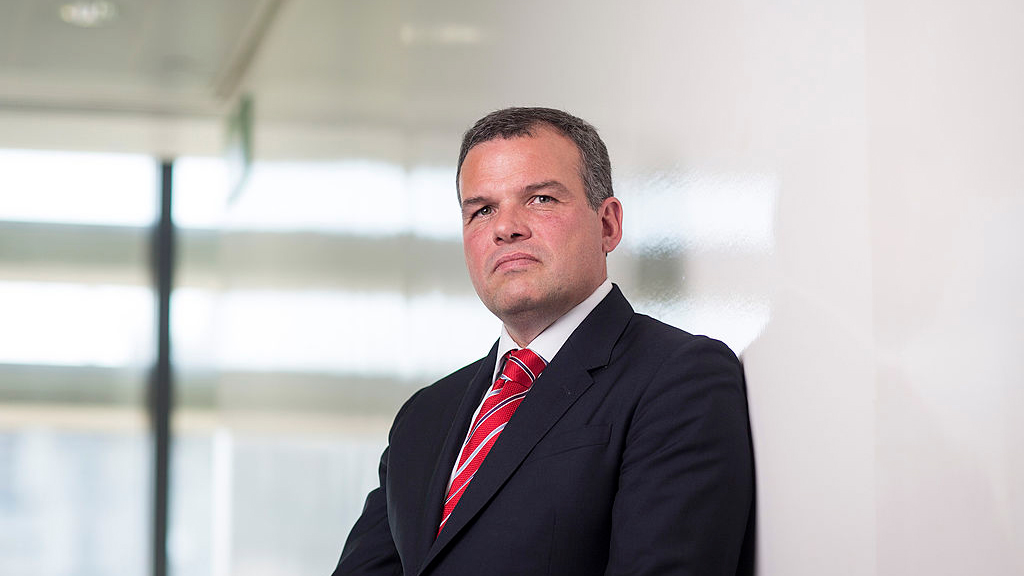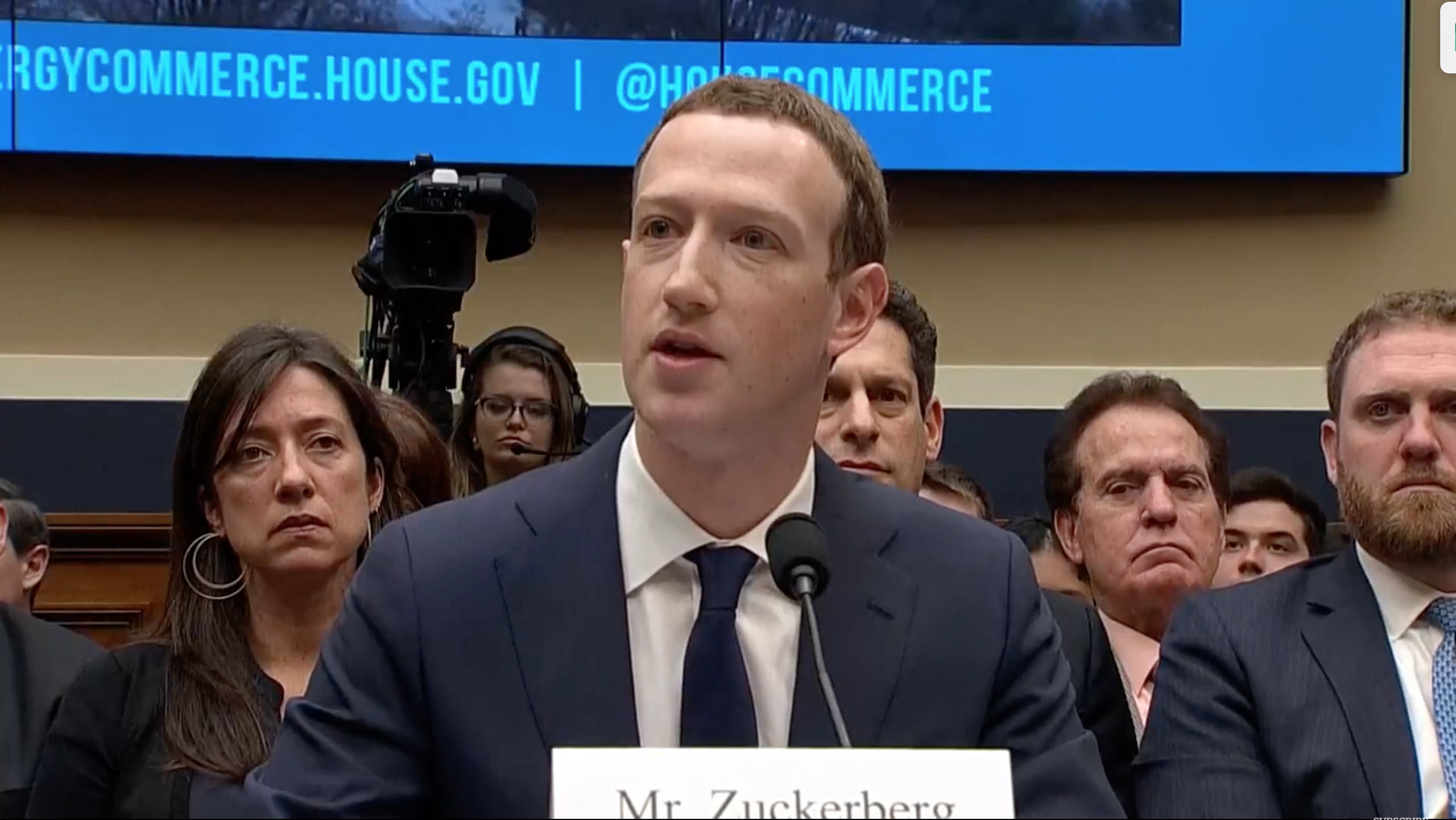HP-Autonomy: Industry weighs up where the blame lies
Following HP's investigation into "serious accounting improprieties" at Autonomy, IT legal experts wonder why these alleged irregularities were not picked up on before.

HP has given a couple of examples of the type of financial irregularities it claims took place at Autonomy. These include the "mischaracterisation of revenue from low-end hardware sales" and the "improper inclusion" of this revenue in organic growth calculations.
Autonomy has also been accused of using its channel of value added resellers (VARs) to "inappropriately accelerate revenue recognition" and create evidence of sales where "no end user customer existed".
There's a fine line between presenting information in the best light and seeking to mislead.
Cannings described the reseller channel as an "easy place to stuff revenue", but reiterated his earlier claim that this should have been picked up on during the due diligence process.
"If you are using resellers, you ask them for evidence of the actual end users sale [when you run through the finances before an acquisition," he added.
Daniel Domberger, a director at financial advisory firm Livingstone Partners LLP, said HP's decision to go public about its suspicions of financial misbehaviour at Autonomy was bold.
"There's a fine line between presenting information in the best light and seeking to mislead...but the difficulty in proving it and the time it takes could be a useful smokescreen," he told IT Pro.
Sign up today and you will receive a free copy of our Future Focus 2025 report - the leading guidance on AI, cybersecurity and other IT challenges as per 700+ senior executives
"In August, HP wrote off $8 billion of its $14 billion 2008 acquisition of EDS. Two huge writedowns in three months doesn't feel like a coincidence, but everyone's talking about the [one that involves an] alleged fraud instead."
There is a chance the companies that advised HP and Autonomy on the deal could face legal action for not picking up on the alleged financial issues, he claimed.
"Deloitte and KPMG [HP's auditors] could only work with the information they were given by Autonomy, but their role is to ask difficult questions and to identify whether it actually stacks up, and they apparently didn't identify any red flags," said Domberger.
"Autonomy's advisers may also be at risk, but [could] disclaim any liability because they were passing on information provided by their client, without really taking responsibility for it."
If it emerges that fraud did take place, this means HP's advisory teams will have been misled by Autonomy, and may not be liable, he added.
But, if no deception took place, they could find themselves in the firing line for not finding fault with the company's finances and - in turn - exposing their client to risk.
"Neither situation is great for their reputations, and I think a number of compliance officers will be digging through their files, trying to assess their exposure," he concluded.
-
 I couldn’t escape the iPhone 17 Pro this year – and it’s about time we redefined business phones
I couldn’t escape the iPhone 17 Pro this year – and it’s about time we redefined business phonesOpinion ITPro is back on smartphone reviews, as they grow more and more intertwined with our work-life balance
-
 The gig economy: Past, present, and future
The gig economy: Past, present, and futureFeature The rise of the gig economy represents a new era of flexible working despite being plagued with controversies
-
 Why managing shareholders is key to innovation
Why managing shareholders is key to innovationIn-depth Seeking out investment for new technologies and seeing your ideas through requires continuous and measured trust-building
-
 CyberCX appoints Phil Mason as new UK CEO
CyberCX appoints Phil Mason as new UK CEONews Industry veteran will lead CyberCX’s growth efforts in the UK
-
 WANdisco's CEO and CFO resign amid ongoing fraud investigations
WANdisco's CEO and CFO resign amid ongoing fraud investigationsNews The data firm is left with a heavily depleted leadership team with only one executive director remaining
-
 Stop worshipping CEOs – tech is a team sport
Stop worshipping CEOs – tech is a team sportOpinion Tech leaders are showing themselves for who they are, and it shouldn’t come as a surprise
-
 Checkmarx appoints Sandeep Johri as its new CEO
Checkmarx appoints Sandeep Johri as its new CEONews Experienced Silicon Valley executive will lead the applications security provider into its next phase of growth
-
 Trustmarque hires NTT Data’s UK lead as its new CEO
Trustmarque hires NTT Data’s UK lead as its new CEONews Simon Williams will lead the IT solutions and services provider into its next phase of growth
-
 Cognizant appoints former Infosys president Ravi Kumar as CEO
Cognizant appoints former Infosys president Ravi Kumar as CEONews The executive brings more than 20 years of experience in the consulting, process, and technology transformation space
-
 What tech investors can learn from three under-fire CEOs
What tech investors can learn from three under-fire CEOsAnalysis With clear lessons to learn from the high-profile cases of Autonomy, Theranos, and Wirecard, investors should tread carefully in future